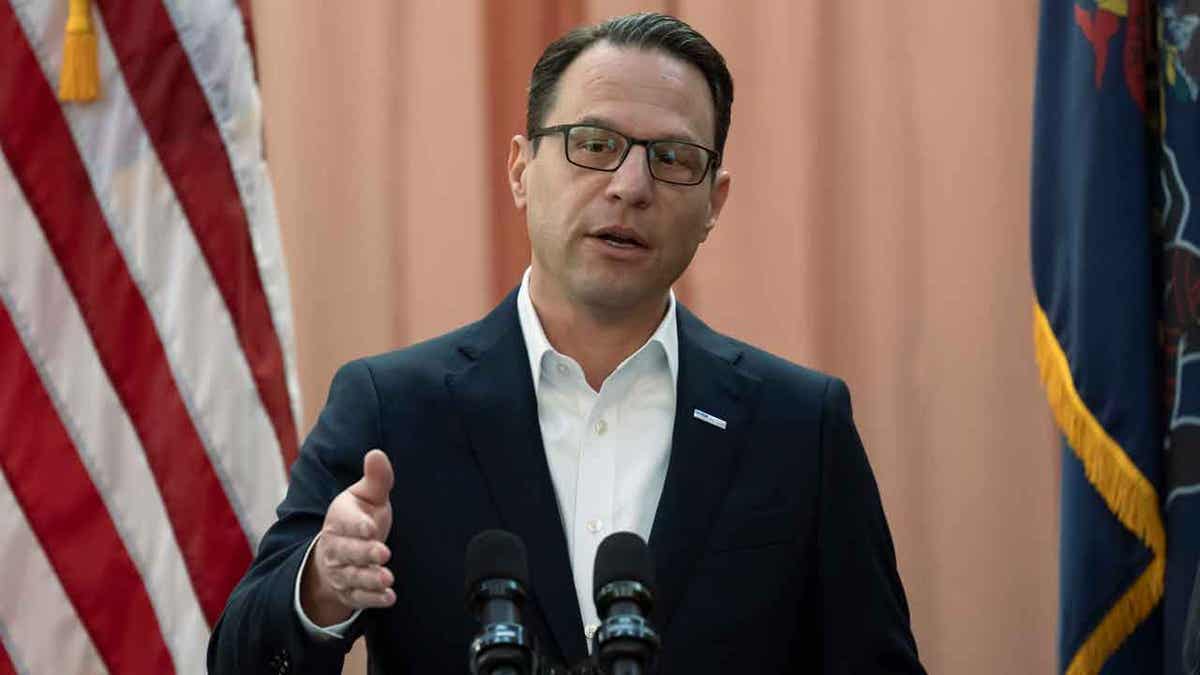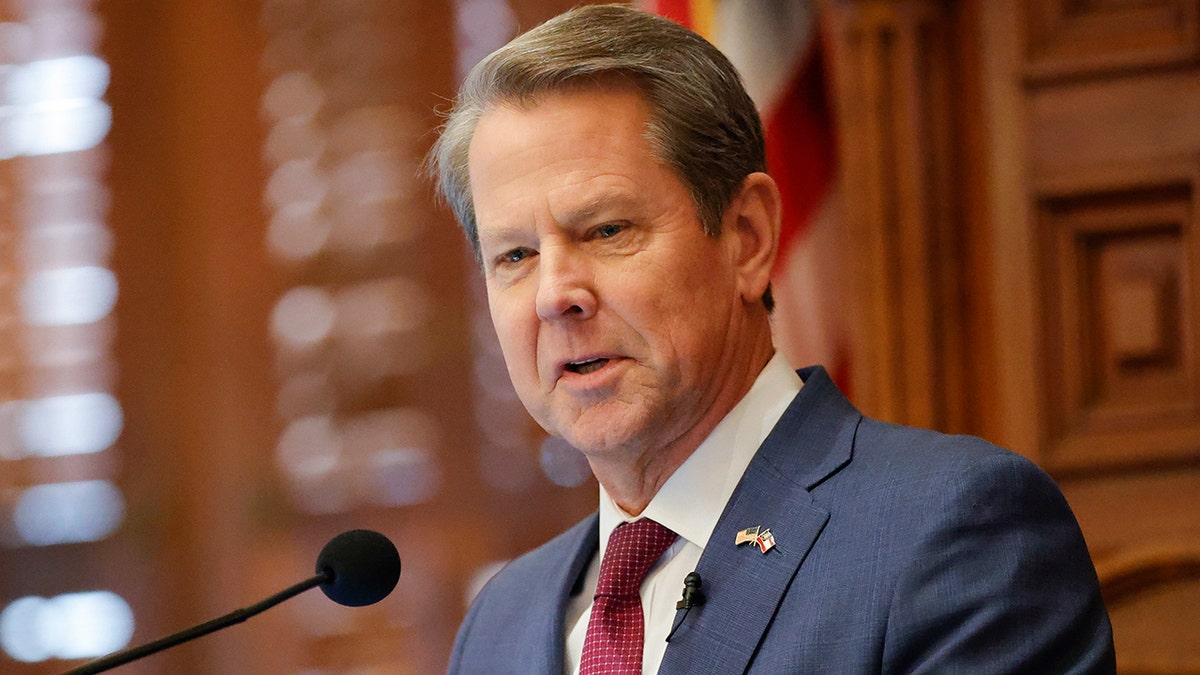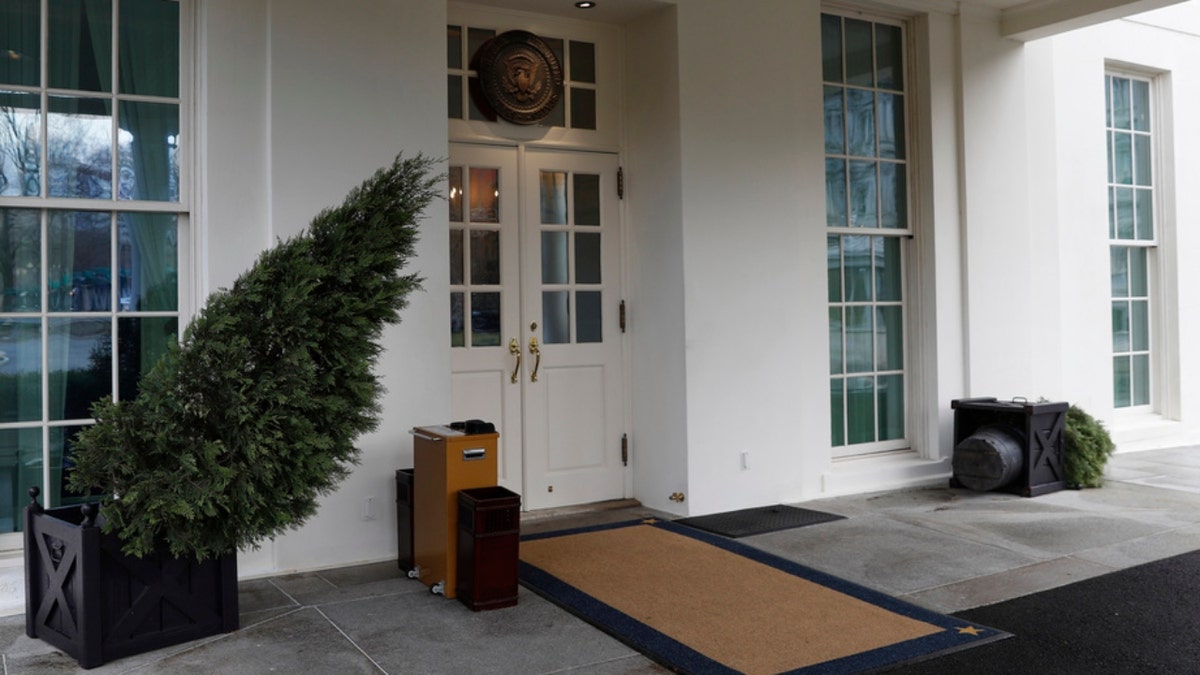The recent events in Harrisburg, Pennsylvania, highlight a disturbing trend in American politics: the prioritization of teachers' union interests over the educational needs of disadvantaged children. Governor Josh Shapiro, a Democrat, campaigned on a platform of school choice, acknowledging the dire situation of students trapped in failing public schools, particularly minority children. He publicly affirmed his commitment to this cause, stating that every child deserves a quality education.
However, once in office, Shapiro succumbed to pressure from teachers' unions, who vehemently oppose school choice initiatives. Despite the state budget allocating billions more to public schools, the unions fought against a voucher program that would have benefited a mere 10,000 students – a fraction of a percent of the state's education spending. Shapiro ultimately reversed his position, vetoing the very program he had championed, seemingly prioritizing his political aspirations over the needs of vulnerable children.

This incident is not isolated. Similar scenarios are unfolding across the nation. In North Carolina, Governor Roy Cooper declared a state of emergency to combat legislative efforts to fund school vouchers. In Arizona, Governor Katie Hobbs seeks to dismantle a successful school choice program serving primarily Hispanic students. In New York City, where charter schools are thriving, Democrats are pushing to cap their growth, seemingly favoring the status quo of underperforming public schools, despite the high per-pupil expenditure.




The irony is that many of these Democratic politicians who oppose school choice for underprivileged children often attended or send their own children to private schools. Their arguments against school choice – that it harms public schools and increases segregation – are contradicted by evidence. Studies show that per-pupil funding often increases when vouchers are used, and charter and Catholic schools tend to be more racially integrated than inner-city public schools.
The current state of education in America is alarming. Many schools are failing to equip students with basic literacy and math skills, which has significant economic, civil rights, and national security implications. It's time for political leaders to prioritize the needs of children over the demands of special interest groups and support policies that promote educational opportunity for all.








